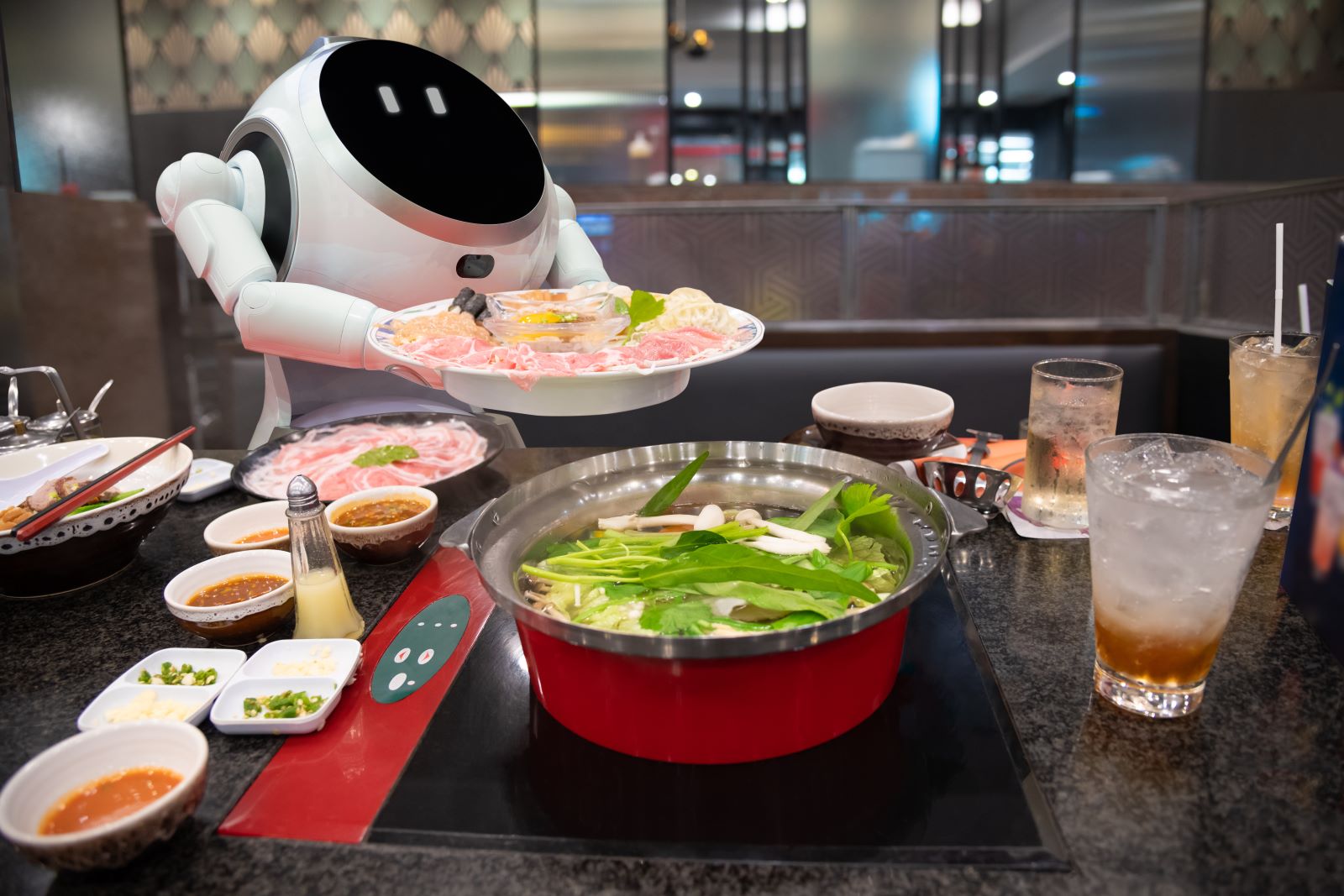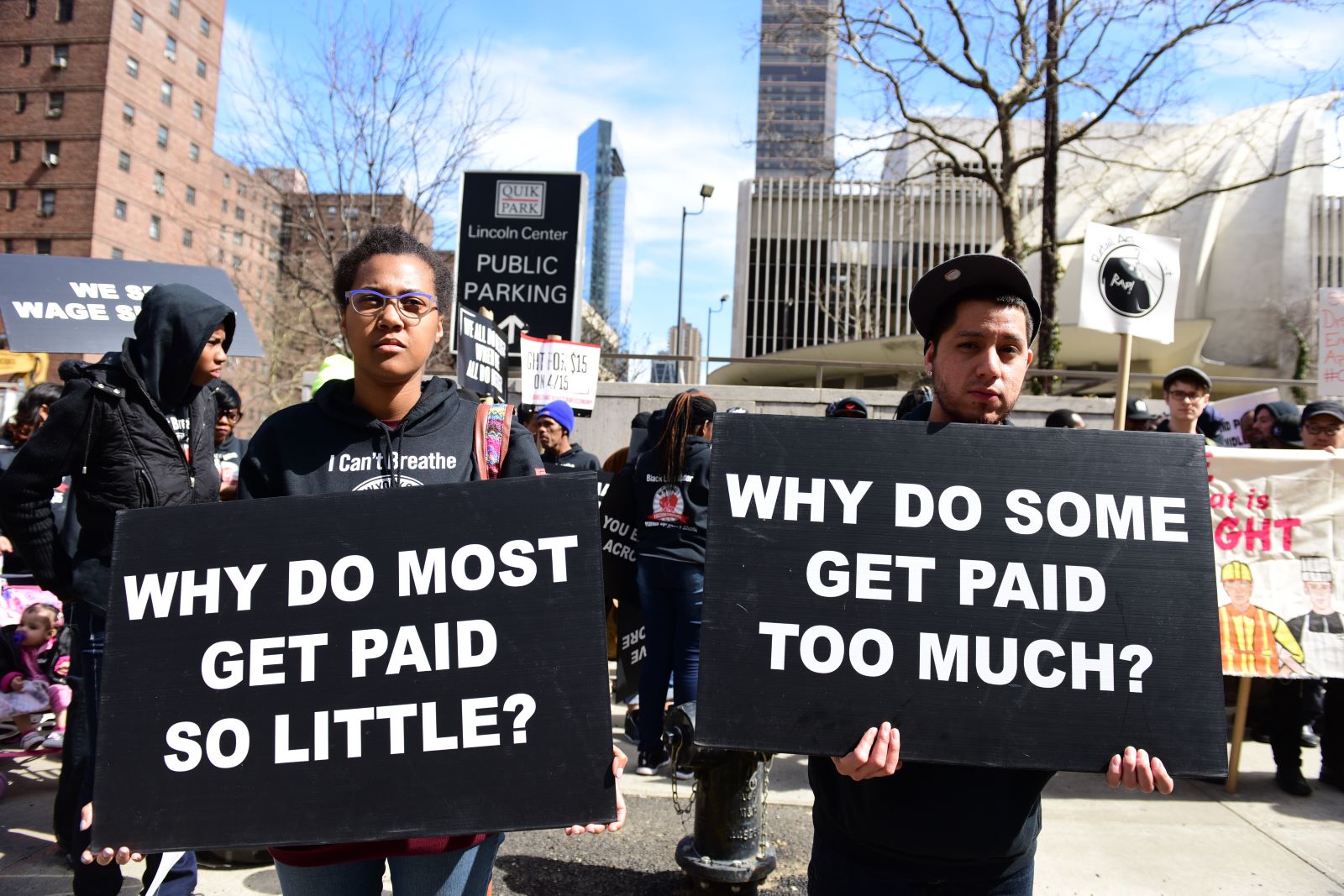Seattle is setting the stage for a showdown that pits worker rights against economic realities. Here’s how this change could upend the restaurant scene and what it means for diners and workers alike.
Seattle’s Minimum Wage: What’s Changing?

Starting in 2025, Seattle will implement a new minimum wage increase for restaurant workers, pushing the hourly rate to $19.75. This change is part of a broader effort to ensure a living wage for all workers, reflecting the city’s high cost of living. The increase is significant, especially for an industry where low wages and a tipping culture have long been the norm.
Why the Wage Increase Matters

For many restaurant workers, this wage hike represents a long-overdue recognition of their hard work. With the high cost of living in Seattle, a higher minimum wage can help workers afford basic needs like rent, groceries, and healthcare. It’s a step toward reducing income inequality and improving the quality of life for thousands of workers.
The Impact on Small Restaurants

While larger chains may have the financial flexibility to absorb higher wages, small independent restaurants face a tougher challenge. Many operate on razor-thin margins, and the added labor costs could push them into the red. For some, the wage hike could mean reducing staff, cutting hours, or even closing their doors.
Service Charges vs. Tipping

As Seattle moves toward a higher minimum wage, many restaurants are considering replacing traditional tipping with service charges. This model is already in place at some establishments, where a flat service fee is added to the bill. While this can provide more predictable income for workers, it also raises questions about how customers perceive and interact with service staff.
Rising Menu Prices

To offset the increased labor costs, some restaurants may raise menu prices. For diners, this could mean paying more for their favorite dishes. While higher prices might be necessary to ensure fair wages, it’s a delicate balance—pricing too high could drive away customers, especially in a competitive market.
A Boost for Worker Morale

Higher wages can lead to higher job satisfaction, reducing turnover and attracting more skilled workers to the industry. For many restaurant workers, a steady, predictable income is a game-changer, allowing them to plan for the future and reduce financial stress.
The Role of Automation

Faced with higher labor costs, some restaurants may turn to automation to cut expenses. From self-ordering kiosks to robotic kitchen assistants, technology offers solutions that reduce the need for human labor. While this might help balance the books, it also raises concerns about job loss and the future of the workforce.
Public Opinion: Divided Views

Seattle’s wage increase has sparked a range of opinions. Supporters argue that a living wage is a moral imperative, especially in a city with soaring living costs. Critics worry about the economic impact, fearing that higher wages could lead to fewer jobs and fewer dining options.
A National Trend?

Seattle’s wage hike isn’t happening in a vacuum. Cities across the country are struggling with similar issues, as workers demand higher pay and better working conditions. Seattle’s experience could serve as a test case, influencing wage policies in other urban areas.
The Future of Tipping

As service charges become more common, the traditional tipping culture might fade. This shift could change the dynamics of dining out, affecting how servers interact with customers and how service quality is perceived. It’s a cultural change that could reshape the restaurant experience.
Adapting to Change

Seattle’s restaurants are no strangers to adaptation. From surviving the pandemic to navigating supply chain disruptions, the industry has proven resilient. As the new wage laws take effect, restaurants will need to innovate and find creative solutions to stay afloat.
The Bigger Picture

The minimum wage increase is part of a broader conversation about fair wages, worker rights, and economic justice. As Seattle takes this step, it’s important to remember that the goal is to create a more equitable economy where everyone can succeed. The restaurant industry is just one piece of the puzzle.
Looking Ahead

As Seattle’s new minimum wage law takes effect, the city will be watching closely to see how the restaurant industry responds. Will higher wages lead to better jobs and happier workers? Or will the economic pressures force some businesses to close? The outcome could have implications far beyond Seattle, influencing how cities across the country address the issue of fair pay.
Millennials Are Over It: 25 Reasons Woke Culture Is Losing Its Charm

Has the push for progress tipped too far into preachiness? Here’s why many Millennials might think so. Millennials Are Over It: 25 Reasons Woke Culture Is Losing Its Charm
Is It Time Boomers Paid the Price for America’s Economic Inequality?

The American Dream feels more elusive than ever, especially for younger generations. What was once achievable through hard work now faces significant hurdles, from skyrocketing college costs to the challenging pursuit of homeownership. Here’s a look at why it’s tougher for Millennials and Gen Z compared to Baby Boomers. Is It Time Boomers Paid the Price for America’s Economic Inequality?
Rent Crash in California: Landlords Scramble as Prices Take a Hit

California’s rental market is taking a nosedive, with major cities seeing huge drops in rent prices. Rent Crash in California: Landlords Scramble as Prices Take a Hit
Featured Image Credit: Shutterstock / Drazen Zigic.
The content of this article is for informational purposes only and does not constitute or replace professional advice.
The images used are for illustrative purposes only and may not represent the actual people or places mentioned in the article.
For transparency, this content was partly developed with AI assistance and carefully curated by an experienced editor to be informative and ensure accuracy.




